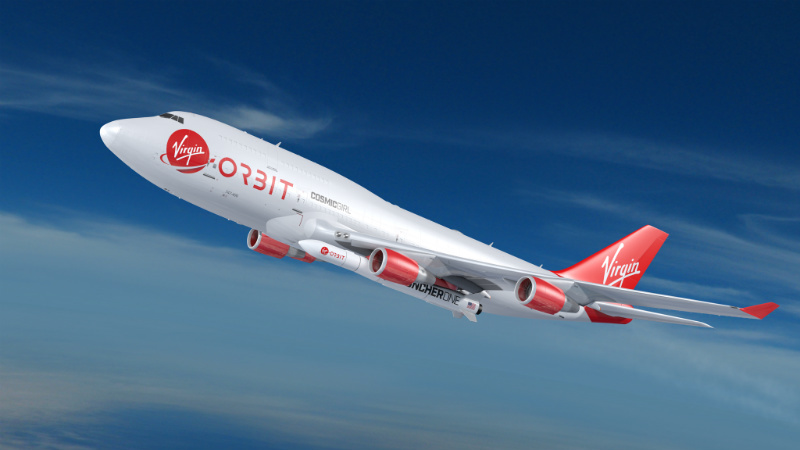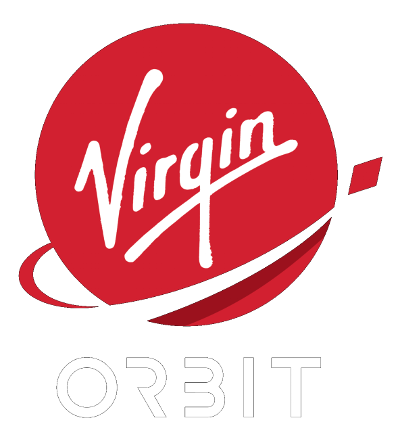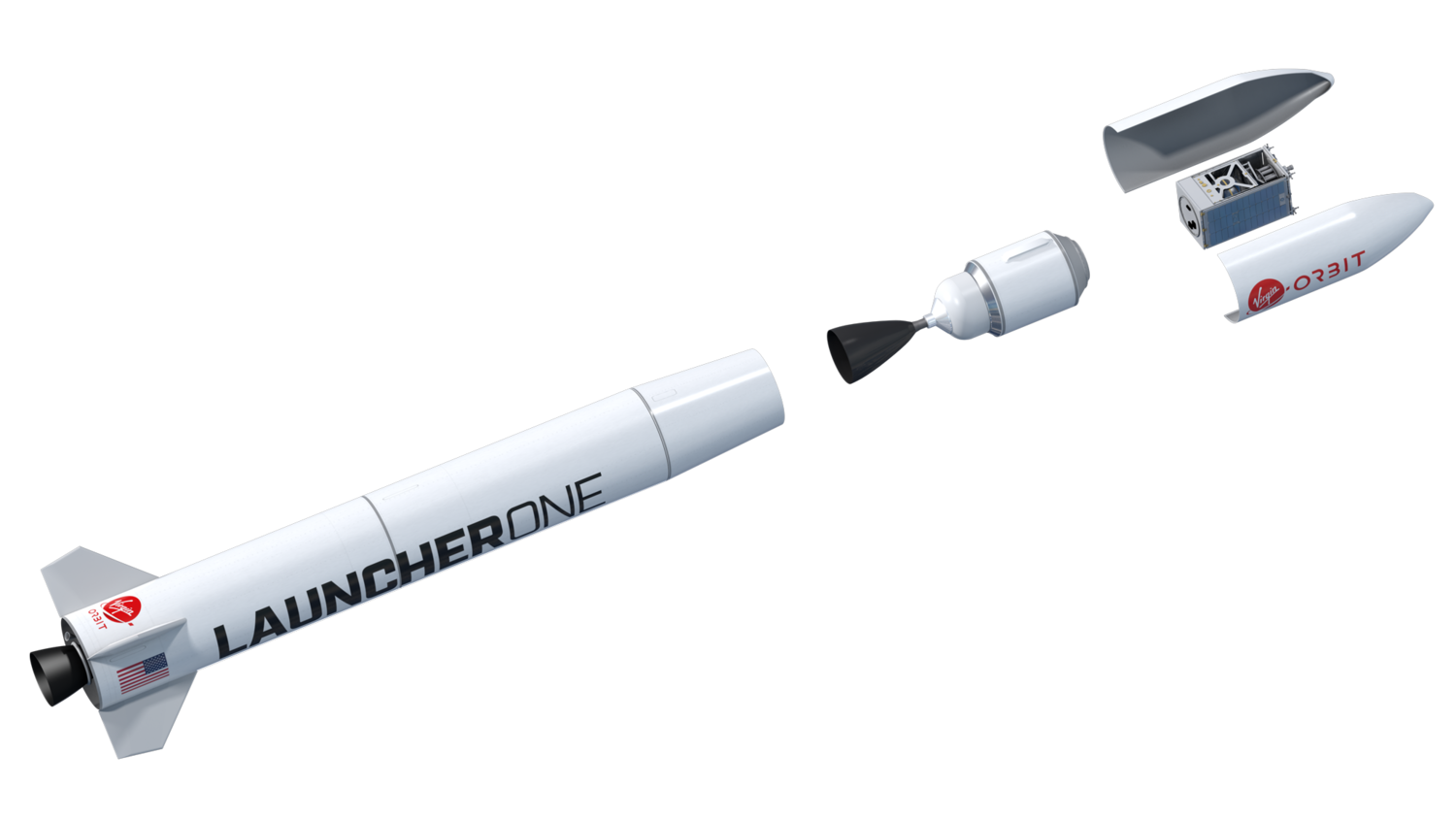
When Virgin Orbit filed for bankruptcy in April, it was clear the commercial launch provider was in serious trouble. Despite successfully putting four payloads into low Earth orbit, the spin-off of Richard Branson’s Virgin Galactic space tourism company had struggled to achieve a high enough launch cadence to become profitable, and had recently suffered a highly-publicized failure when their first launch from the UK from the newly-completed Spaceport Cornwall ended in a complete loss of the vehicle.
There was some hope that a buyer would swoop in and save them at the last minute, but now that the bankruptcy auction has spread out the company’s assets among several other players in the commercial launch industry, Virgin Orbital is officially no more. With future launches now off the table, the company’s remaining employees are set to be let go as operations wind down over the coming weeks.
 Perhaps the biggest winner is Rocket Lab — for $16 million they secured Virgin Orbit’s primary manufacturing site (including the equipment within), which happens to be less than a mile away from the company’s headquarters in Long Beach, California. Between Rocket Lab’s growing manifest of future launches and the development of their next-generation Neutron rocket, an expansion to their existing facilities at a cut-rate price couldn’t come at a better time.
Perhaps the biggest winner is Rocket Lab — for $16 million they secured Virgin Orbit’s primary manufacturing site (including the equipment within), which happens to be less than a mile away from the company’s headquarters in Long Beach, California. Between Rocket Lab’s growing manifest of future launches and the development of their next-generation Neutron rocket, an expansion to their existing facilities at a cut-rate price couldn’t come at a better time.
Stratolaunch Systems, a company which itself has flirted with financial ruin since the 2018 death of founder Paul Allen, purchased Virgin Orbit’s modified Boeing 747 carrier aircraft Cosmic Girl for $17 million. At first glance this might seem surprising, given the fact that Stratolaunch is already in possession of the far larger and more capable Roc aircraft that was specifically designed for air-launching rockets. But as the company is in the process of relaunching itself as a provider of hypersonic flight test services, they’ll presumably be expanding their operations to include smaller payloads that can be offloaded onto the 747.
Finally, the relatively new startup Launcher has taken possession of Virgin Orbit’s test facility in Mojave, California. For $2.7 million, the company gets a hanger, the equipment inside of it, and rocket engine test stands. Launcher was acquired earlier this year by another startup, Vast, with the merged companies set to work on engines, spacecraft, and eventually, their own private space station. Interestingly Reuters is reporting that Virgin Orbit decided not to sell the engines used in the company’s LauncherOne rocket, and that the company is still debating what they’ll do with the remaining hardware.

With investors tripping over themselves to stake a claim in the rapidly growing New Space market, it’s surprising to see a launch provider with a relatively successful track record go under. Reports before the company filed for bankruptcy estimated they only needed about $200 million to stay afloat and continue operations — a fairly meager sum in the aerospace game.
Then again, with all these agile space startups to chose from, perhaps investors thought that dumping more money into a company struggling to make a relatively outdated launch technology competitive in an era of high-tech reusable rockets simply looked like a losing hand.
